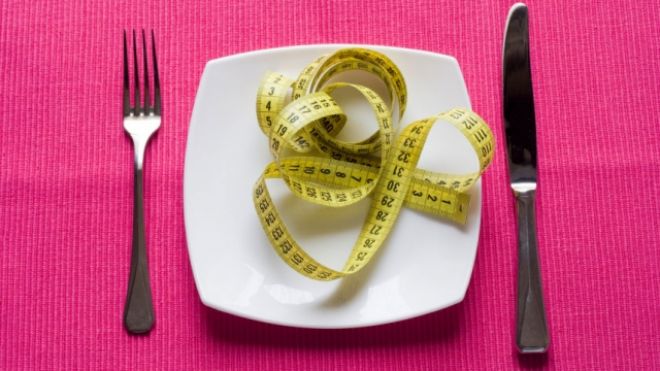
It may seem a little hard to digest, but a man who hasn’t eaten three solid meals a day in months claims he has stumbled upon the secret to good health — and it doesn’t involve calorie counting and exercise. But Rob Rhinehart isn’t on a fad diet or starving himself in a bid to lose weight. He simply wanted to revolutionize his life when he created what he says is a formula which gives his body the exact amount of vitamins and minerals it needs to survive. Spurned on by a poor diet and lack of time to shop and prepare food, the 24-year-old began researching what his body needed, down to the biochemical level, and made Soylent — a drink mixture of vitamins and minerals which includes calcium, potassium, zinc, vitamins A, B, C, D, E and K. “I was really tired of eating poorly and wondered why it had to be difficult to obtain healthy food,” he said. “I started seeing food on a biochemical level and developed a new form that is much more efficient and scalable by including only the necessary components — and was surprised to find it worked.” He swapped his favorite pizzas, burgers and other foods with his Soylent formula for a month and says he begun to enjoy food for the first time as he learned how to eat for pleasure instead of greed. Mr Rhinehart, who now has Soylent for 90 percent of his meals, said he believed his formula could be the ideal replacement for unhealthy fast food, or for time-poor people who wanted to avoid the stress of shopping and cooking. Not to be confused with the 1973 sci-fi film Soylent Green in which most of the population lives off rations including one aptly called Soylent Green, Mr Rhinehart’s says his formula may be just as effective in helping solve food shortages. He admits to still having the occasional craving for a big hearty meal, but says he mostly wants healthy, fresh tasting flavors. “I still eat, but I have not been to the grocery store, cooked, or cleaned a dish in months,” he said. “I enjoy my favorite foods a few times per week, mostly out with friends on the weekends, which is really all I crave.” Mr Rhinehart insists his diet is far from boring. “I assumed I would quickly get tired of the taste but this does not happen,” he writes in his blog. “It’s really nice to always be full and healthy, and still enjoy food just for fun when I want to.” And he reckons even the biggest foodie could learn to eat less using a mix of Soylent and prepared meals as people would be left with more time to enjoy the things they want. “People will find a good balance of Soylent meals and regular meals to ensure maximum enjoyment of food and health. I think it could vastly improve our relationship with food and agriculture,” he said. But nutritionists warn that such a formula-type diet is not only restrictive, but unsustainable. Sydney-based nutritionist Susie Burrell said while supplements could be developed to replace the contents of a meal, the reality was that humans enjoyed sitting down to meals. “While technically you can develop supplements that replace the nutrients content of a meal, which can be used to support weight loss or feed those who do not have access to food, the reality is that human beings like to eat, which is why dietary restriction and meal replacements are not proven to work long term,” she said. “Claiming such a product can solve the nutrition issues of the world is a simplistic view of very complex issues including obesity, malnutrition, food security, eating behaviour and basic nutrition.” Nutrition consultant Tracie Hyam said Mr Rhinehart may think he’s learning to eat properly, but that it actually wasn’t the case. “Meal-replacement shakes can definitely have a place in a weight-loss program or plan, but in the long-term the shakes will not deliver a healthy eating habit for him,” she said, adding there were a lot of other reasons such a diet was far from ideal. “If his digestive system isn’t used to chewing or digesting food, that one meal a week out with friends might be a big shock to the system,” she said. “Food in moderation, and definitely nutritious food, is there to be enjoyed. So replacing most meals of the day, is really taking away that enjoyment.” Click for more from news.com.au. source : http://www.foxnews.com/health/2013/06/17/meet-man-who-doesnt-need-food/


